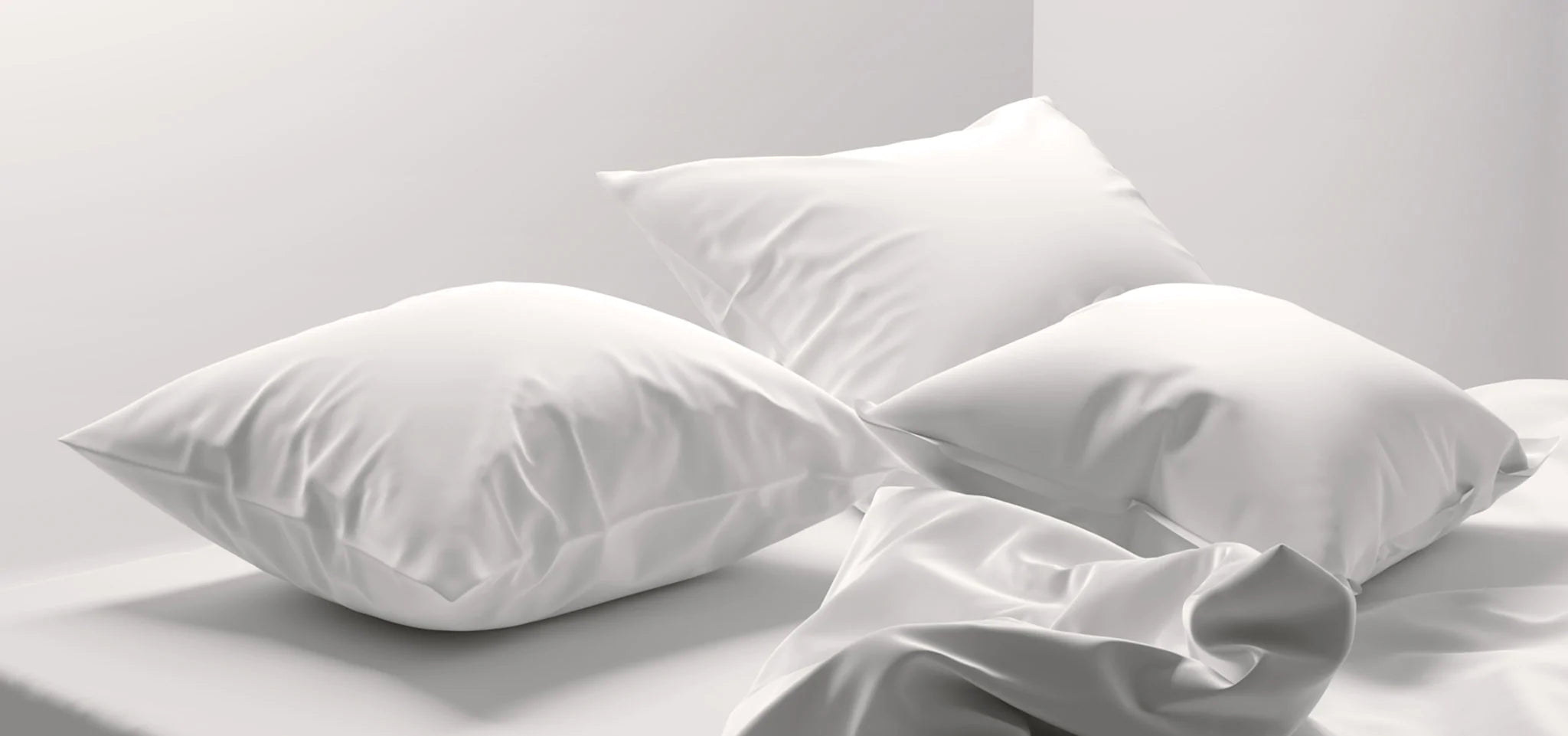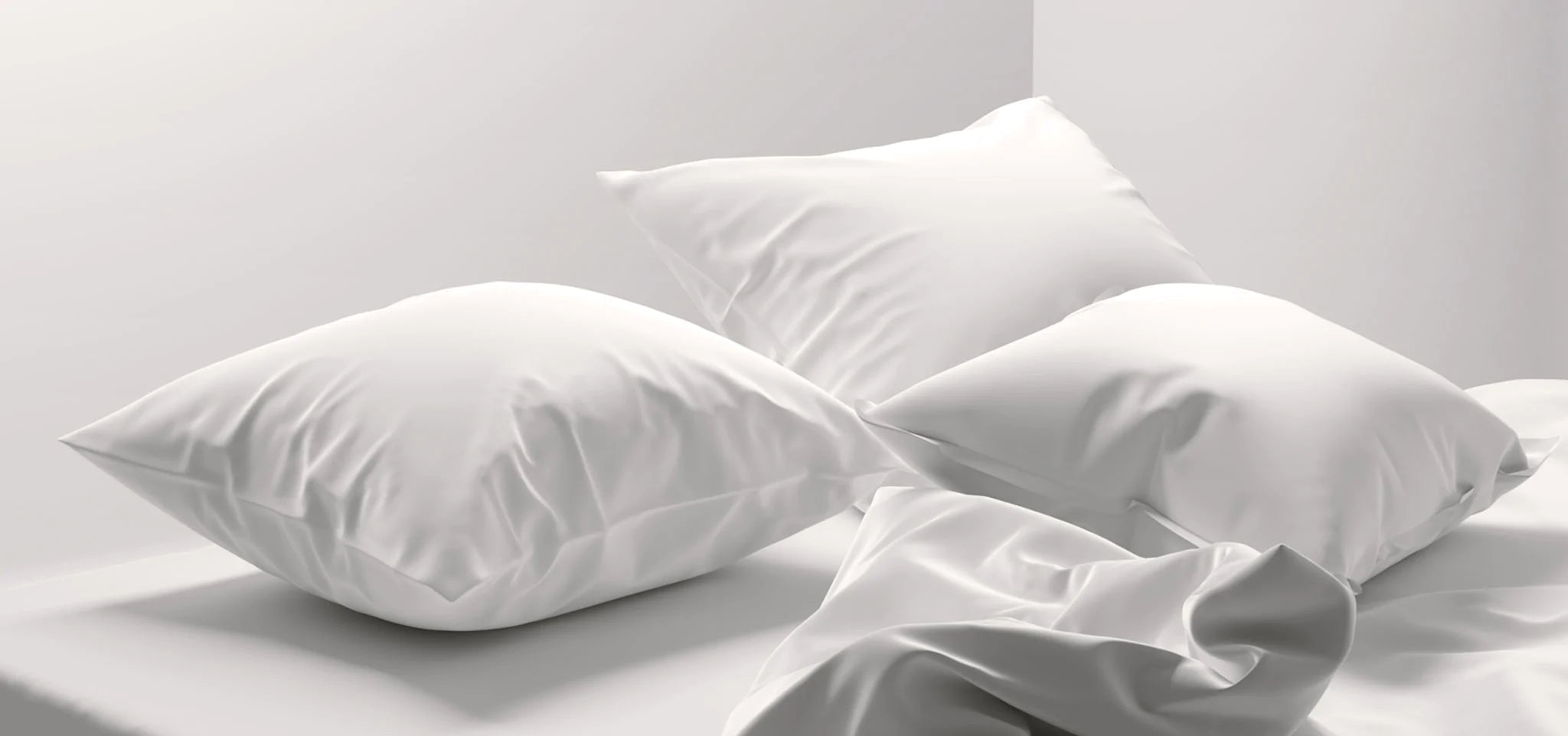The term "sleep hygiene" encompasses a range of behaviors that help promote healthy and restful sleep. Sleep hygiene includes both adhering to regular sleep schedules and maintaining certain sleep environmental conditions that promote sleep. This includes certain behaviors that are supportive before bedtime and during sleep.
The best tips for better sleep hygiene
There are a few things you can do to improve your sleep hygiene. By adjusting your routines and habits accordingly, sleep and recovery can be optimized. Here we explain what is important and which tips help best.
Routines as a game changer
Healthy sleep hygiene starts with a regular sleep-wake cycle. It's important to get up at a certain time every day and go to bed at a certain time. Even if you can't sleep, it's important to follow a regular bedtime schedule. By consistently going to bed and waking up at the same times, you help your body develop a healthy sleep pattern.
The time you go to bed can also be important. Sleeping before midnight is particularly important for regeneration, because around 10 p.m. cell division and cell renewal begins in the biorhythm - and this is all the more effective if we are already asleep. Going to bed early also helps you get enough sleep, ideally between seven and eight hours a night.
The feel-good factor
In addition to a regular sleep-wake cycle, a comfortable sleeping environment can also promote healthy sleep hygiene. It is important that the sleeping environment should be comfortable, quiet and dark. A comfortable bed and a pleasant temperature are important to ensure a good night's sleep.
Thermoregulating bedding can create a feel-good microclimate and contribute to relaxation. Noise that is too loud, lights that are too bright, or a room that is too warm can disrupt sleep. Behavior before bedtime can also play an important role in supporting healthy sleep. It's important to refrain from engaging in strenuous activities and engaging in strenuous or emotional conversations for at least an hour before bedtime. Physical activity and dinner should also be completed at least an hour before bedtime.
Stress relief before bed
Some people find it easier to rest when they do a relaxation exercise before bed. This can help prepare the body for sleep and reduce stress. Many relaxation exercises are easy to do at home and are a great way to relax the body and mind before bed. Meditation could also be effective for slipping into a relaxed state.
In summary, healthy sleep hygiene plays an important role in promoting healthy and restful sleep. Maintaining regular sleep schedules, creating a comfortable sleep environment, practicing relaxation exercises before bed, and maintaining an ideal sleep environment can promote sleep and relax the body and mind. In this way you can develop a healthy sleeping rhythm and the night belongs to our dreams again.






